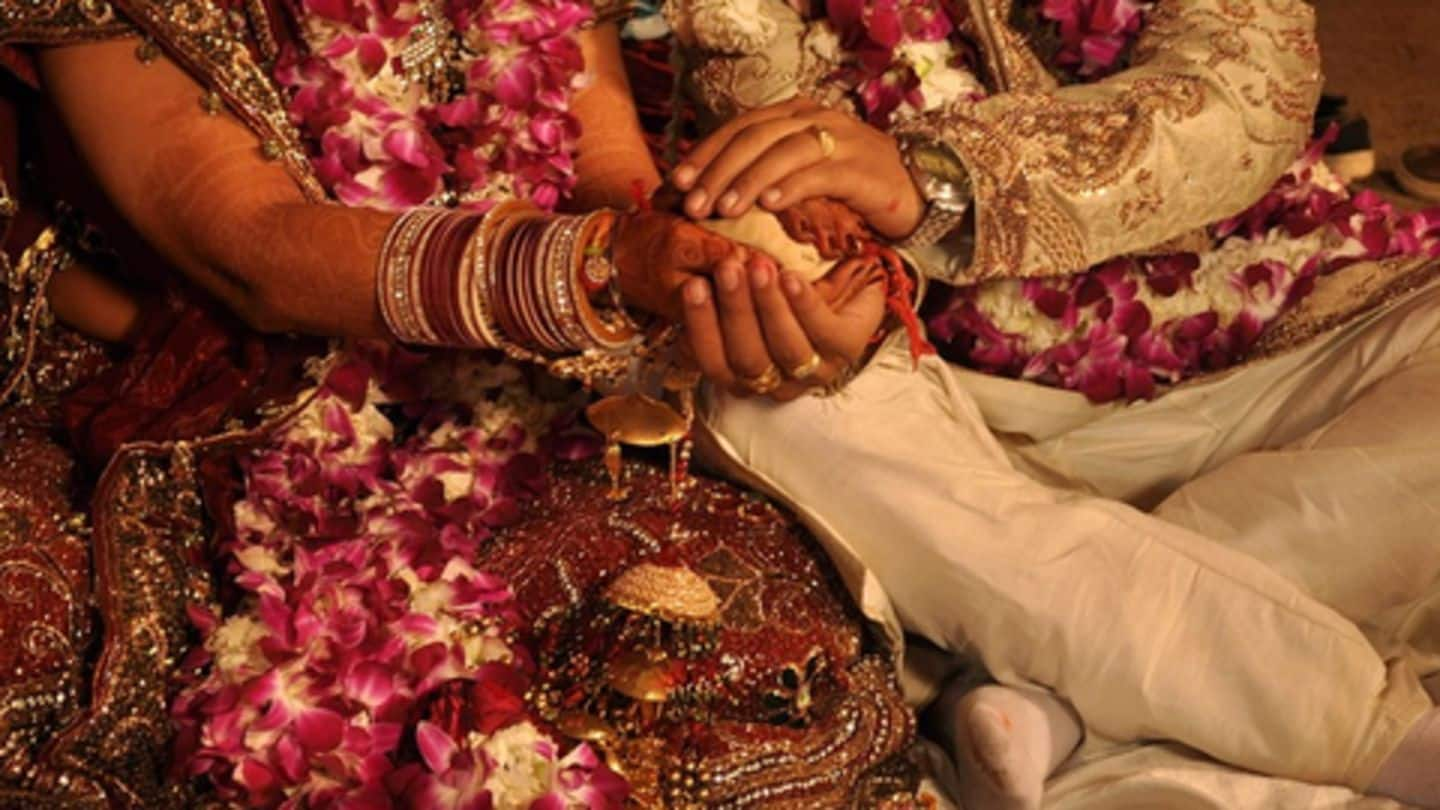
Child of Muslim-Hindu couple entitled to father's property: SC
What's the story
The Supreme Court on Tuesday ruled that a child born out of a marriage between a Muslim man and Hindu woman is legitimate and has rights on the father's property. The apex court noted that such a marriage is neither valid nor void but an 'irregular' one. The verdict was delivered by a bench of justices NV Ramana and Mohan M Shantanagoudar. Here's more.
The case
Shamsudeen staked claim on his father's property, his cousins disagreed
The apex court was hearing a petition filed by one Shamsudeen. He was born out of a marriage between a Muslim man, Mohammed Ilias, and Hindu woman, Valliamma. While Shamsudeen claimed share on his father's property, his cousins opposed. They said his mother was a Hindu, hence the marriage was void. Notably, the trial court and Kerala High Court had given a verdict in Shamsudeen's favor.
Laws
Hindus are idol worshippers but marriage isn't void: SC
The court delved deep into Mohammedan law for this case. It emphasized that Hindus are idol worshippers and their prayers include offering flowers and other adornments to statues. Further, it said a marriage of an idolater or fireworshipper with a Muslim man was neither valid (sahih) nor void (batil), but irregular. The SC noted observations of lower courts were completely 'justified'.
Verdict
SC clarifies Hindu wife isn't entitled to Muslim husband's properties
The bench also cleared air around Hindu-Muslim marriages. It said, "The legal effect of an 'irregular marriage' is that in case of consummation, though the wife is entitled to get dower, she is not entitled to inherit the husband's properties." But the child born out of the marriage is legitimate and has to be given a share in the father's property, specified the court.